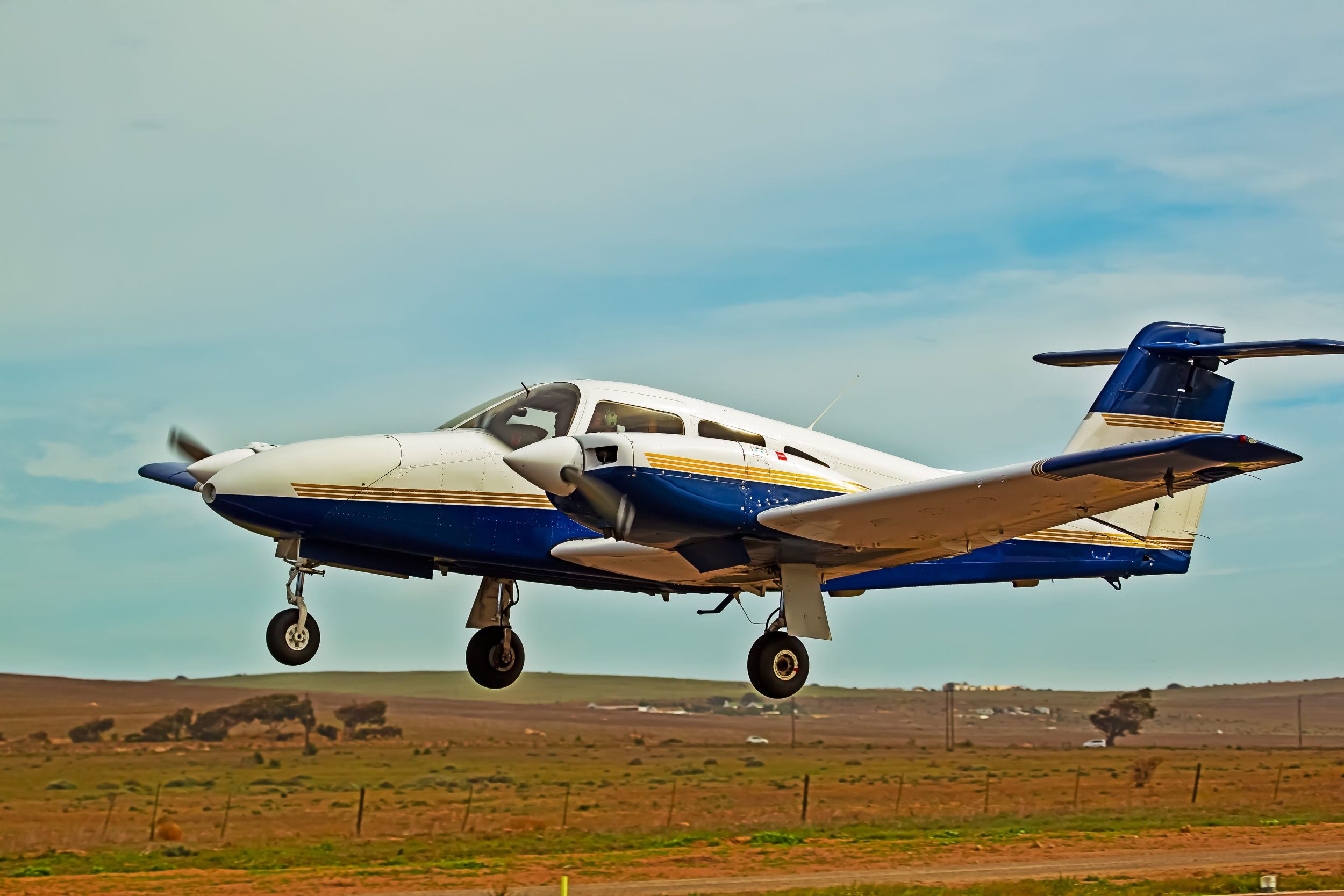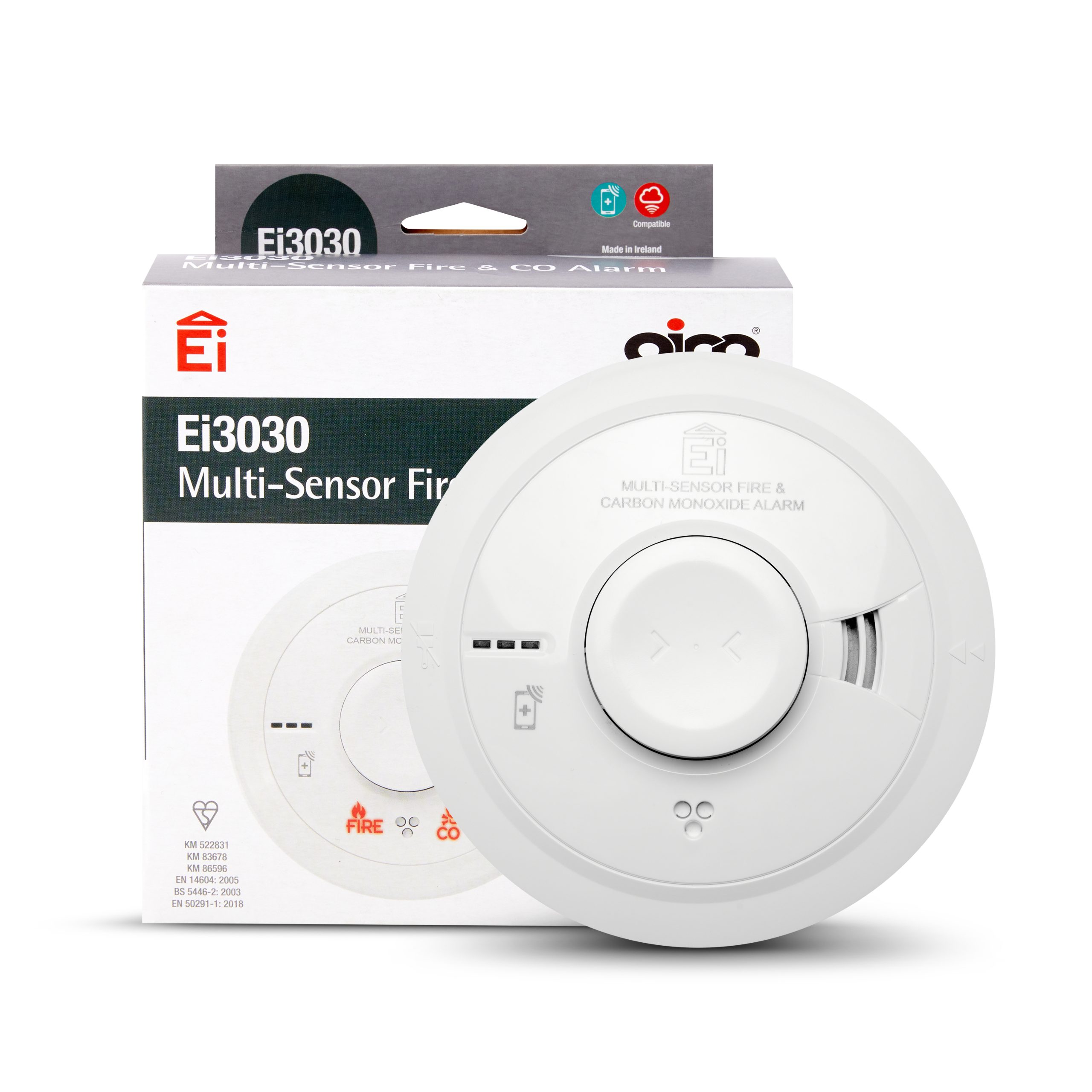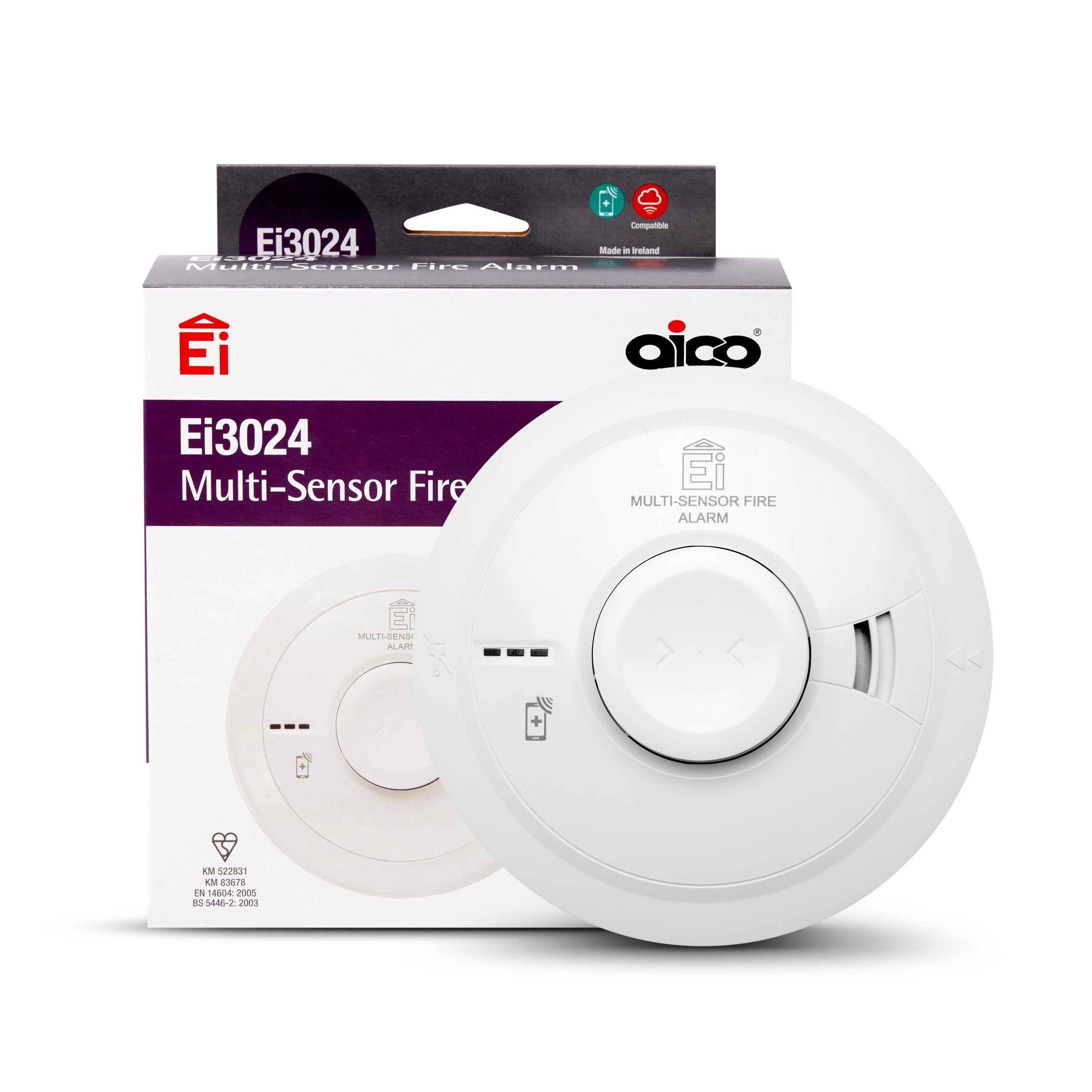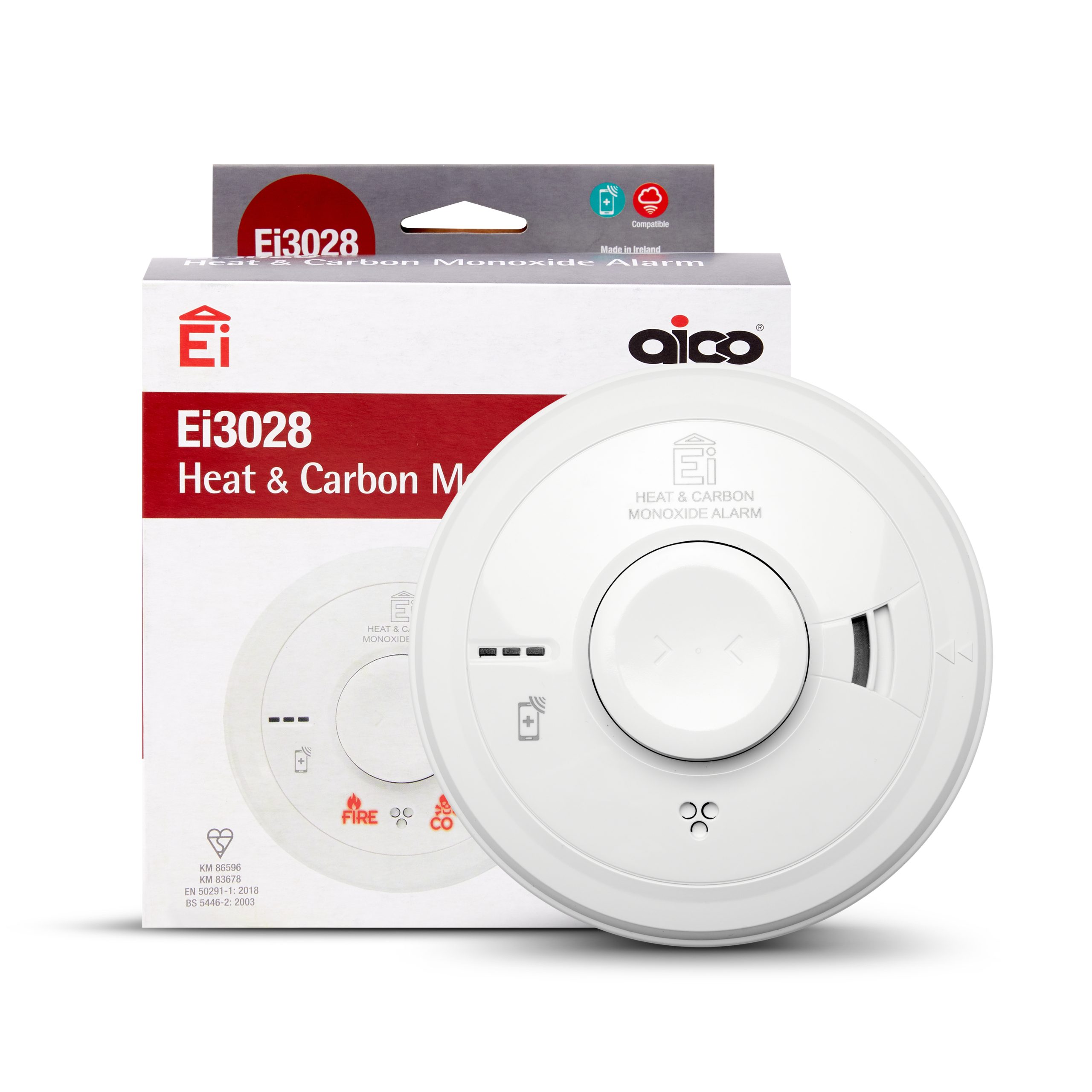
Aico, the European market leader in home life safety, welcomes the Civil Aviation Authority’s (CAA) decision to introduce a new Safety Directive (SD-2024/001 Version 2), mandating the installation of active Carbon Monoxide (CO) alarms in specified piston engine aircraft. This pivotal safety regulation incorporates valuable feedback from an earlier consultation held in February 2024 and arises from growing concerns over the dangers presented by CO in aircraft settings. The directive was officially published in late August 2024 and will take effect from 1 January 2025, applying to aircrafts operating with passengers who do not possess a recognised pilot qualification.
Why This Directive Matters
Carbon monoxide is a colourless, odourless, and potentially lethal gas produced by the incomplete combustion of fuel. Piston engine aircrafts can generate high concentrations of CO, which is typically directed away from the aircraft via the exhaust system. However, there is a risk of leaks from exhaust systems into the cabin, posing a significant danger to both crew and passengers.
The CAA’s decision follows increasing concerns about the risks posed by carbon monoxide in piston engine aircrafts, and multiple aviation incidents that cite CO poisoning as a contributing factor. The presence of a functioning CO alarm can act as a life-saving warning system, increasing safety for both pilots and passengers, who may be unaware of the risks associated with CO exposure.
Key Details of the Safety Directive:
- Application: The directive requires active CO alarms in all aircrafts with piston engines, when operating with passengers who do not have recognised pilot qualifications. However, while the directive primarily focuses on improving passenger safety, it is recommended that all pilots operating piston engine aircrafts consider flying with an active CO alarm, to proactively ensure their safety.
- Timeline: Having been published in August 2024 with an enforcement date of 1 January 2025, the directive gives operators plenty of time to comply and implement critical safety.
- Prioritising Safety: The mandate ensures additional protection for pilots and passengers alike, providing peace of mind during flights.
Aico’s Commitment to Safety
Aico has long been at the forefront of providing advanced CO detection technology for domestic settings. Our expertise in creating reliable, cutting-edge CO alarms which meet the highest safety standards, ensures that individuals are safeguarded from the dangers of carbon monoxide exposure.
As the directive’s implementation deadline approaches, Aico is committed to working with aviation stakeholders to ensure that aircraft operators have access to industry-leading CO solutions.
For more information on our CO alarms and how we can support your compliance with the CAA’s Safety Directive, click here.












